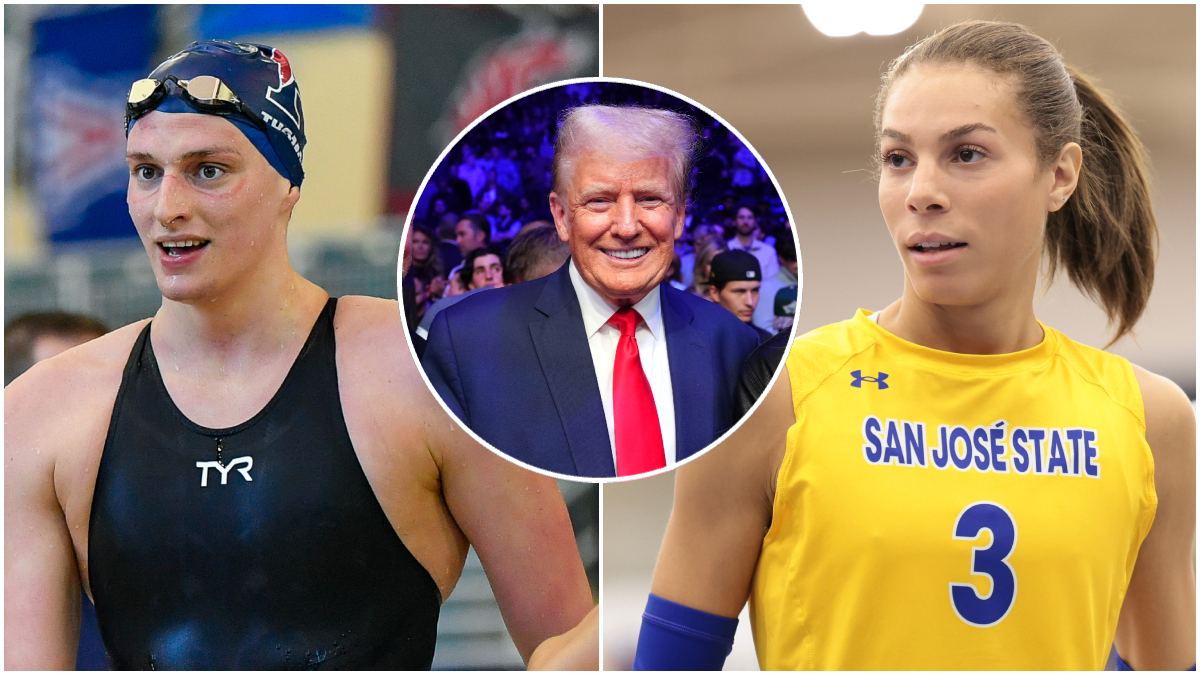Why are men better than women at chess?
This is the question that Carole Hooven, author of the excellent book
Testosterone: The Story of the Hormone that Dominates and Divides Us, takes up in a new article in
Quillette. What I like about the article is that it appears to consider every available hypothesis, and uses a scientific approach to finding evidence that either supports or weakens many of them. She tentatively settles on one that may be evolutionary in its origin, but I’m getting ahead of myself...
...
Males are innately better in traits that lead to success in chess. These involve average differences in traits and not just variances, and could include spatial ability, degree of aggression, drive to win, other aspects of cognitive ability, dedication to the sport so that one practices a lot more, and so on. Note that “innately” implies the differences don’t result from socialization or sexism, but are the same kind of differences that gives men advantages in “regular” sports. Of course these innate differences could interact with other factors, as the phenotype here (chess performance) always involves an interaction between genes and one’s environment.
Ultimately, Hooven considers this the best explanation because there is independent evidence that men excel in the kind of motivation, competitiveness, and “obsessive passion” that leads to monomaniacal focus not just on winning, but on practicing:
A more promising explanation for male dominance in elite chess involves motivation. A large body of
research strongly suggests that the sexes differ in their
preferences for competition. As both Kasparov and Repková have intuited, men are simply
more competitive—that is, they have a stronger motivation not just to compete, but to win, in formal physical and non-physical competitions of all kinds.
Men are more likely to choose games that involve direct, one-on-one competition, in which the result is a clear winner and loser—such as chess. Women are less competitive even when interacting anonymously—for example, in
online arenas such as massive multiplayer role-playing games. This applies even when players interact using avatars of the sex opposite to their own; situations in which social expectations and stereotypes should have a reduced influence on in-game behavior. Women’s performance and enjoyment tends to suffer when the competition intensifies; that is, when the stakes are highest or time pressure is applied. For example, the average male-female sex difference in “blitz” chess games, which allocate ten minutes or less for each player to make all of their moves, is
greater than that observed in standard chess, in which each player has at least an hour and a half. Moreover, relative to men, in experimental and real-life conditions, women tend to opt out of tournament conditions.
So it’s not surprising that females, being less focused (on
average, as usual) on crushing an opponent in some future tournament, might be less motivated to go in for the kind of hardcore practice that’s necessary to develop elite skills (“deliberate practice,” as it’s called, as distinct from simply practising by playing).
. . . . If your instinct tells you that males will be disproportionately drawn toward this kind of intense practice style than females, you’re correct. Studies show that boys and men are more likely to exhibit a “
rigid persistence in an activity,” by which “the passion
controls the individual” (“obsessive passion” in the literature). In anecdotal terms, we are talking here about the man who drops everything to become, say, a 16-hour-per-day videogamer, or a day-trader, or chess addict. Yes, some women take on these kinds of fixations. But men do it more often, and with greater intensity.
It’s long been known that measures of risk-taking, competitiveness, persistence, and aggression are higher in men than women, so this may be a key factor in the explanation. But are these differences due to evolution or socialization? After all, men are
expected to be aggressive and behaviorally conform to a “male stereotype”. On the other hand, that stereotype itself could reflect behavior instilled by natural selection more in one sex than another, so it’s seen as the norm.
Hooven comes down on the evolution side, and I pretty much agree with her given these arguments as well as others (e.g., socialization should differ among human societies but the average behaviors don’t; our closest primate relatives, who aren’t socialized, show similar difference in aggression and competition, there are biological reasons to expect higher competition in males, and these traits begin to manifest themselves at a young age, presumably before much socialization can take place). Luana Maroja and I discuss similar sex differences in behavior (and their possible evolutionary roots) in
our Skeptical Inquirer paper on ideology and biology.
Hooven:
That said, I don’t see evidence for the idea that socialization alone explains the stronger male tendency to focus obsessively on doing whatever is necessary to win, even at board games. And there are good reasons to think that this tendency has an evolutionary basis: In the animal kingdom, males tend to devote more time, energy, and risk to status competition, since this tends to pay more reproductive benefits for males than females. So it’s not unreasonable to suspect that boys and men have some kind of biological advantage—possibly
underpinned by higher lifetime exposure to testosterone—that helps explain their over-representation in tournament-level competition in general. (While this particular brand of competitiveness may have a strong evolutionary explanation, it is unlikely to be the wisest reproductive strategy in today’s world.)
If this is the case, what about FIDE’s decision to ban transwomen from their women’s chess tournaments? (Some countries, including England, Germany, France, and the United States, don’t uphold this ban in their national tournaments.) In the end, since Hooven concludes that biological factors play a key role in men’s dominance in chess, for the time being FIDE’s ban makes sense:
Ultimately, sex differences in complex behaviors and skills are always a product of interactions between biology on the one hand (that is, our genes and their relatively fixed effects, such as hormone levels and body size) and our environment on the other (that is, factors such as our family circumstances, social dynamics, and cultural norms). Interactions between the two shape not only our skills and abilities, but also any emerging group differences. But none such complicating factors change the fact that the sex gap in chess is real and persistent. Given the circumstances that led to the creation of the female category, and the fact that many girls and women appreciate what this category offers, FIDE is correct to take the steps necessary to protect its integrity.
Of course the data we really need are the chess performance of transwomen playing against biological women, and as far as I know we don’t have that kind of data.

 www.yahoo.com
www.yahoo.com












